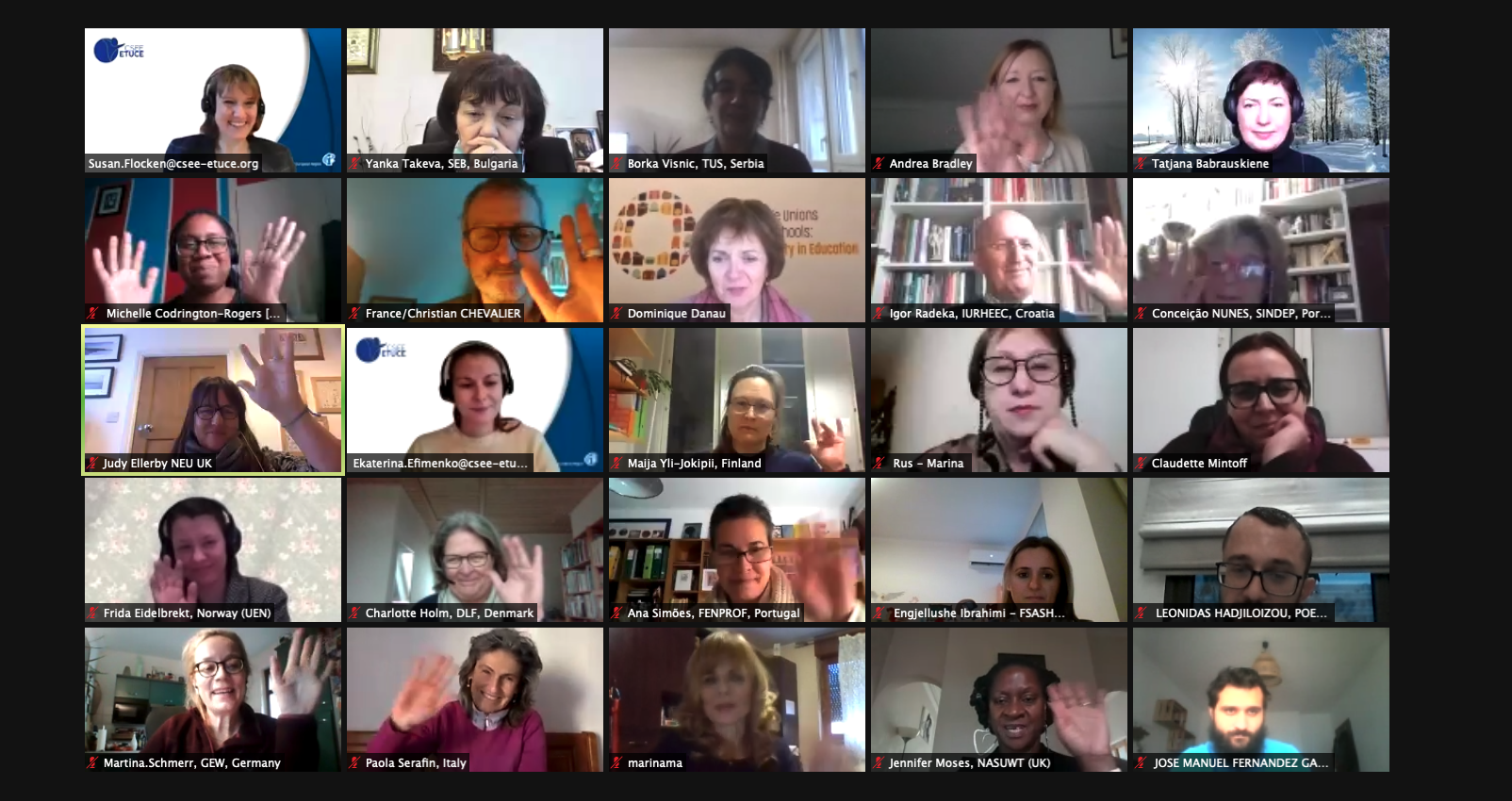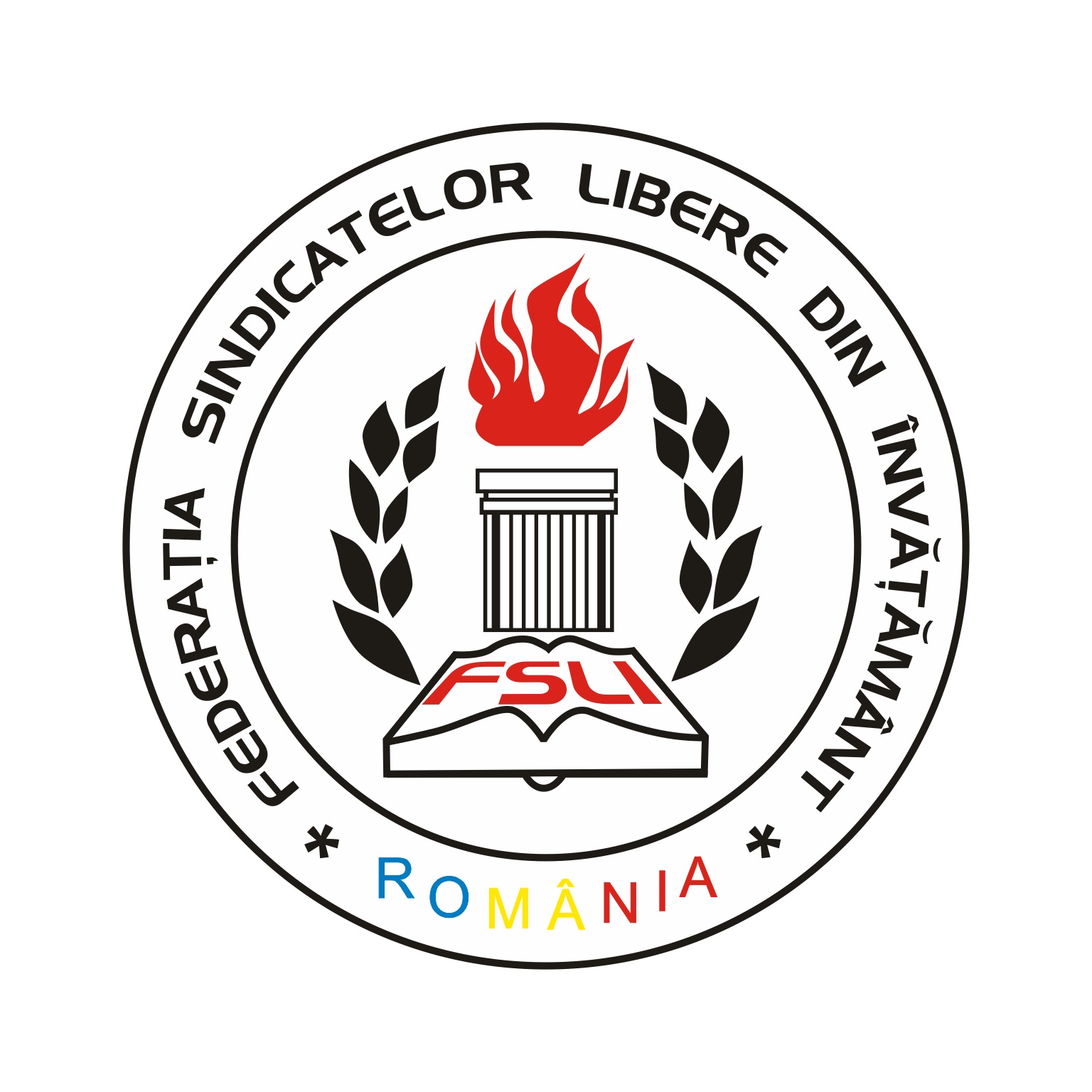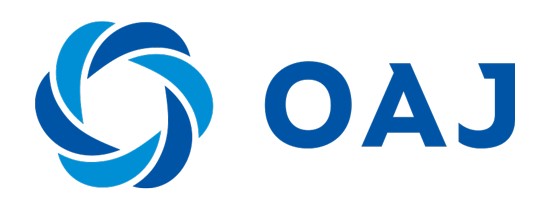Training Seminar
Europe’s learners and education personnel are becoming more diverse. The project “Education Trade Unions and Inclusive Schools: Embracing Diversity in Education” is building capacity so that education trade unions can prepare their members to address the many forms of diversity they encounter in the classroom and in society: socioeconomic, cultural, linguistic and more. ETUCE and member organisations aim to support education personnel in creating inclusive learning environments where every student and teacher can achieve their full potential.
-
Projects and Tools
-
YOUR TURN! Teachers for Trade Union Renewal (2018-2020)
-
Activities Your Turn!
-
ESSDE partners promoting migrant and refugee integration (2017-2019)
-
Activities
-
EU CONVINCE project – EU Common Values Inclusive Education (2018-2020)
-
Activities
-
OiRA project – Online Interactive Risk Assessment tool
-
Empowering education trade unions to address gender equality in the teaching profession through social dialogue (2018-2019)
-
Activities
-
ETUCE Online Database of Good Practices
-
Education Trade Unions and Inclusive Schools: Embracing Diversity in Education (2019-2021)
-
e-Speed (2020-2021)
-
Privatisation and Industrial Relations (2020-2021)
-
Activities IR-EDUREFORM Project
-
Education for Social Change: The role of Education Trade Unions in addressing sustainable environmental development (2021-2022)
-
Attractiveness of the Teaching Profession (2021-2023)
-
ELNE : European Leadership Network Europe
-
ETU4REF: Education Trade Unions support the inclusion of refugees and migrant (2023-2025)
-
APRES COVID
-
Your Turn 2: Teachers for Trade Union Renewal
-
InclEdu4AllNeeds

Advisory Group
- Manos Androulakis DOE Greece
- Alison Gilliland INTO Ireland
- Conceiçao Nunes SINDEP Portugal
- Alexandra Cornea FSLI Romania
- Lyhykäinen Päivi OAJ Finland
- Dubravko Tomasović IURHEEC Croatia
Funding
Related topics
Related news
Creating a sense of belonging, changing mindsets, maintaining an effective multi-stakeholder social dialogue at all levels, as well as organising adequate professional training for education personnel are among the key elements for the implementation of inclusive education. On 18 January, around 60 experts on equality and inclusion in education representing 32 countries from across Europe, gathered online at the ETUCE seminar ‘Embracing diversity in education’. Proposals for a practical strategy to implement the upcoming ETUCE Action Plan on Equality and Diversity, as well as many national good practices enriched the fruitful discussions.
Moving from the conclusions of the project’s research ‘Education Trade Unions and Inclusive Schools: Embracing Diversity in Education’, a panel of experts from Finland, Portugal and Croatia provided national perspectives on the state of inclusive education in different contexts in the European region. The presence of significant implementation gaps between the existing legal frameworks and their effective application emerged as one of the most urging challenges to implement inclusive education. The situation is aggravated further due to disproportioned class sizes as well as the lack of teacher training on inclusive education and professional support to teachers - including specialised staff for students with special needs, linguistic mediators, and psychologists.
The participants worked together on a strategy to implement the upcoming ETUCE Action Plan on Equality and Diversity. At the core of the proposals, these important aspects were underlined:
- The need for more cooperation and social bargaining with all the stakeholders in education on equality and inclusion;
- The call for more training and support to teachers to address the issues related to equality and inclusion at school;
- The importance to change the mindset of governments and the entire community toward diversity and inclusion;
- The need to make the education staff more reflective of the diversity of the students and society
- The importance to elaborate a shared definition of diversity, equality and inclusion across the countries.
The seminar was also the occasion to share good practices on creating and maintaining sustainable inclusive learning and teaching environments. Presentations included a cross-border project on algorithms for new ecological approaches to inclusion ‘ECO-IN’, training programme for teachers with a migrant background ‘Kuulumisia’ (Finland) and a research by NEU and University College London on ‘Creating a sense of place and belonging in schools’.
Concluding the seminar European Director Susan Flocken said “Today’s seminar constitutes an important opportunity to bring together the voices of teachers, academics and other education personnel and pave the way for the education trade unions’ strategy to enhance equality and inclusion in education. This is a priority for ETUCE. Governments must understand that inclusive schools are crucial to guarantee quality education and the resilience of our democracy. We therefore demand more space for social dialogue and cooperation with education trade unions on the topic of inclusive education.”
Have a look at the pictures from the Seminar on ETUCE Flickr






